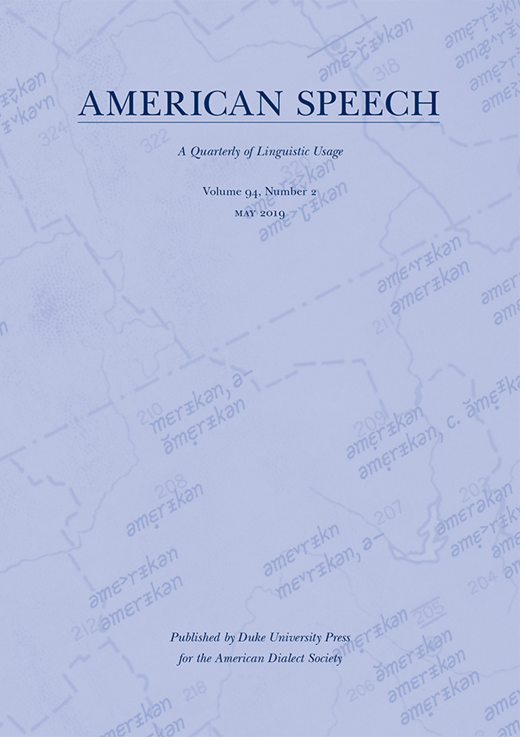Canadian English (CanE) is argued to present a textbook example of dialectological homogeneity. Its largely undifferentiated urban structure is attributed to source input, as a consequence of a shared founder effect. This outcome is predicted by the sociohistorical realities of settler colonialism but remains unexplored in diachronic perspective. The recent construction of large diachronic corpora of regional CanE varieties enables direct comparison in order to problematize longitudinal homogeneity and to probe the potency of founder effects over time. This article examines three features known to be undergoing longitudinal change and to be regionally variegated across dialects of English: deontic modality, stative possession, and general extenders. At the heart of the discussion is the nature of homogeneity in CanE. The authors conclude that although there is compelling support for longitudinal parallelism, the linguistic reality is somewhat nuanced: aspects of CanE homogeneity appear emergent rather than foundational and relative to linguistic variables rather than to the linguistic system as a whole.
Publication Type
- Article



